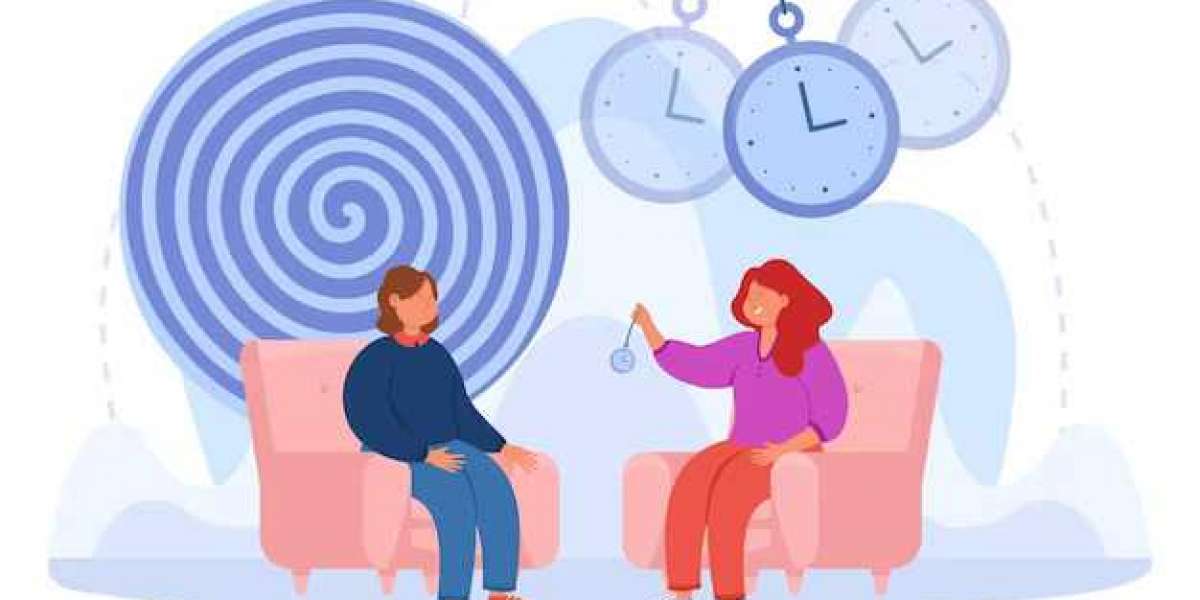A therapy session is a private meeting with a trained mental health professional, like a therapist or counselor. It's a safe space to talk about your challenges and emotions, whether it's stress, anxiety, relationship issues, or anything else that's bothering you. The therapist listens attentively and helps you develop tools to manage your problems and improve your overall well-being. Overall, therapy sessions provide valuable support and guidance to help individuals navigate life's challenges and improve their overall quality of life.
What to Expect From a First Therapy Session
During your first therapy session, you can expect to discuss your reasons for seeking therapy, such as specific concerns or challenges you're facing. The therapist will likely ask questions to get to know you better, including your background, history, and goals for therapy. They'll explain how therapy works and what you can expect from future sessions. It's an opportunity for you to express your feelings and concerns in a safe, non-judgmental environment. You may also discuss any questions or uncertainties you have about the therapeutic process.
How to Prepare for Your First Therapy Session?
It's normal to be nervous or unsure of how your first “Online therapy” session will go, seeking professional consultation. For your first visit, here are some preparation advice.
- Think back to your goals and the reasons you are seeking therapy.
- Research different types of therapy and therapists to find the best fit for your needs.
- Choose a therapist who specializes in the issues you want to address.
- Schedule your appointment at a convenient time when you can fully focus.
- Complete any paperwork or intake forms provided by the therapist beforehand.
- Think about what you want to discuss during the session and jot down some notes if it helps.
- Be open-minded and willing to explore your thoughts, feelings, and experiences.
- Prepare to be honest and forthcoming with your therapist, as confidentiality is key.
- Consider any specific goals or objectives you have for therapy and communicate them to your therapist.
- Reflect on your past experiences with therapy or counseling, if applicable, and what worked or didn't work for you.
- Take note of any questions or concerns you have about the therapy process or your therapist.
- Arrive early for your appointment to allow time to relax and settle in.
- Dress comfortably and choose attire that makes you feel at ease.
- Bring any relevant documents or materials, such as a list of medications or previous therapy records.
- Be prepared to discuss your medical history, including any mental health diagnoses or treatments.
- Be willing to participate in the therapeutic process and enter the session with an open mind.
By taking these steps to prepare, you can set yourself up for a productive and positive first therapy session.
What Are the Signs That Your Therapy Sessions Is a Good Match?
Recognizing when your therapy sessions are a good match is essential for your progress and comfort, with the support of the “Best psychologist in India”.
- Feeling understood: Your therapist demonstrates an understanding of your experiences and emotions.
- Comfort and trust: You feel comfortable opening up to your therapist and trust their judgment.
- Respectful communication: Your therapist communicates in a respectful and non-judgmental manner.
- Empathy: Your therapist shows empathy and compassion towards your struggles.
- Collaboration: You feel like you and your therapist are working together as a team towards your goals.
- Effective feedback: Your therapist provides feedback and insights that resonate with you and help you grow.
- Validation: Your therapist validates your feelings and experiences, making you feel heard and acknowledged.
- Safety: You feel safe and supported discussing difficult or sensitive topics.
- Progress: You notice tangible progress or improvements in your mental health and well-being.
- Flexibility: Your therapist is flexible and adaptable to your needs and preferences.
- Cultural competence: Your therapist demonstrates awareness and respect for your cultural background and identity.
- Empowerment: You feel empowered and encouraged to take positive steps towards change.
- Consistency: Your therapist maintains consistent availability and follows through on commitments.
- Boundaries: Your therapist establishes clear boundaries that ensure a safe and professional therapeutic relationship.
- Growth mindset: Your therapist encourages growth and resilience, fostering a positive outlook on your challenges.
- Compatibility: You feel a sense of compatibility and alignment with your therapist's approach and values.
If you notice several of these signs in your therapy sessions, it's likely that you have found a good match with your therapist.


